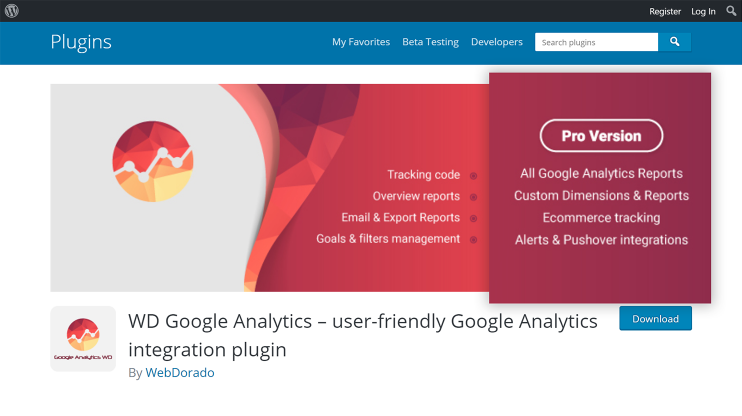The customization and flexibility that WordPress provides its users has no equal. With 55.200+ plugins at every user’s fingertips, the possibilities are virtually endless.
There are all sorts of plugins. Some are light: add or change a small function or two on your website. Some are complete overhauls of how your website looks and functions.
There are literally tens of thousands of free plugins out there. You can tweak, change, add, and customize just about anything on your website, but sometimes you’ll find yourself in need for some additional functionality, or dedicated customer support.
Many reputable plugin vendors on WordPress offer premium versions of their plugins, which provide additional features and functions over their free counterparts.
Benefits of purchasing premium plugins
With so many free plugins available for everyone to use, you might be wondering what is it exactly that you’ll be receiving when purchasing the premium version of a plugin.
1. Dedicated customer care
Customer support is the biggest and most important perk that premium plugins offer their users.
Dedicated support is your fastest, most direct way of solving any problems your plugin might be having. This way you’ll get direct and clear answers to any issues concerning your plugin’s functionality.
Even though free plugins also have support forums where you can post about any problems you might be having, contacting or getting a response from the developers themselves is a rare occasion.
Whether you’re a new or experienced user, you’ll find customer care one of the most helpful features that your premium plugins come with.
With direct access to the developers, you’ll save many hours of searching and testing solutions for your problems and simply have the professional support team take care of everything for you.
2. Thorough documentation
While around-the-clock fast customer care is one of the most convenient features of premium plugins, premium plugin developers try their best to minimize the need to contact support by providing in-depth manuals, tutorials, and documents that include all the necessary information for you to use the plugin without any problems.
Most developers have their plugins’ documentation available without the need to purchase the premium license beforehand. This is an easy way of taking an in-depth look at the functionality and support that the plugin provides before fully committing to a 6-month license.
Not all premium plugins contain detailed documentation, but having one does somewhat indicate the quality of its developer.
As a rule of thumb, if a plugin is very simple to use, you can let the lack of documentation slide, but if it has a lot of built-in functionality, customizability, and is overall just more complicated to use, the lack of documentation is a massive warning sign.
You might want to research a bit more before paying for that plugin.
3. Frequent updates
Many free plugins are updated on a regular basis, but even with free plugins, if a plugin isn’t updated for a while its users will start abandoning it for more up-to-date alternatives.
When there’s a paying userbase for a specific premium plugin, it becomes a big incentive for the developers to provide frequent updates in order to sustain their income-generating users.
Reputable developers keep a detailed changelog whenever they update their plugin.
Going through the log is another way of identifying if a plugin is worth investing in. So, in general terms, if a plugin hasn’t been updated in about six months, that will more than likely cause compatibility issues to your website.
So the frequent updates that you’ll get with premium plugins not only guarantee better functionality, but your website overall will be at a much lower security risk, bug and glitch-free, and will be much easier to manage without constantly worrying about your website’s plugins and their compatibility.
4. Access to specific functionality
In general, free plugins tend to cover more general functions and if your website is a bit quirky or aims to provide a very specific service, you might find out that your run-of-the-mill free plugin won’t cover your needs.
At this point, your best option is to look at premium plugins in search of much more specific features and complex solutions that your website might need.

In addition, a lot of plugins fall under the freemium tag, meaning they are essentially free but provide additional functionality and/or improved features if a user ends up paying for its license.
This is a great model if you use a freemium plugin that really works well for your goals but you find that its basic features are limited.
This way you can easily upgrade the plugin to premium and unlock its full potential and range of features.
Conclusion
There are thousands of free plugins out there that provide just about endless flexibility to your website, so the question you need to ask yourself is if premium plugins are worth it for YOU:
- Is there a specific feature that your free plugins can’t provide?
- Do you like the basic features of a specific freemium plugin, but would like to get more functionality out of it?
- Do you ever find yourself in need of quick and reliable technical support regarding your plugins?
- Does your budget allow the step-up to more premium options?
Assessing these questions and going over the benefits of premium plugins covered above should tell you everything you need to figure out if premium plugins are for you.
Originally published at https://10web.io/blog/4-reasons-why-you-should-get-premium-plugins/ on January 16, 2019.